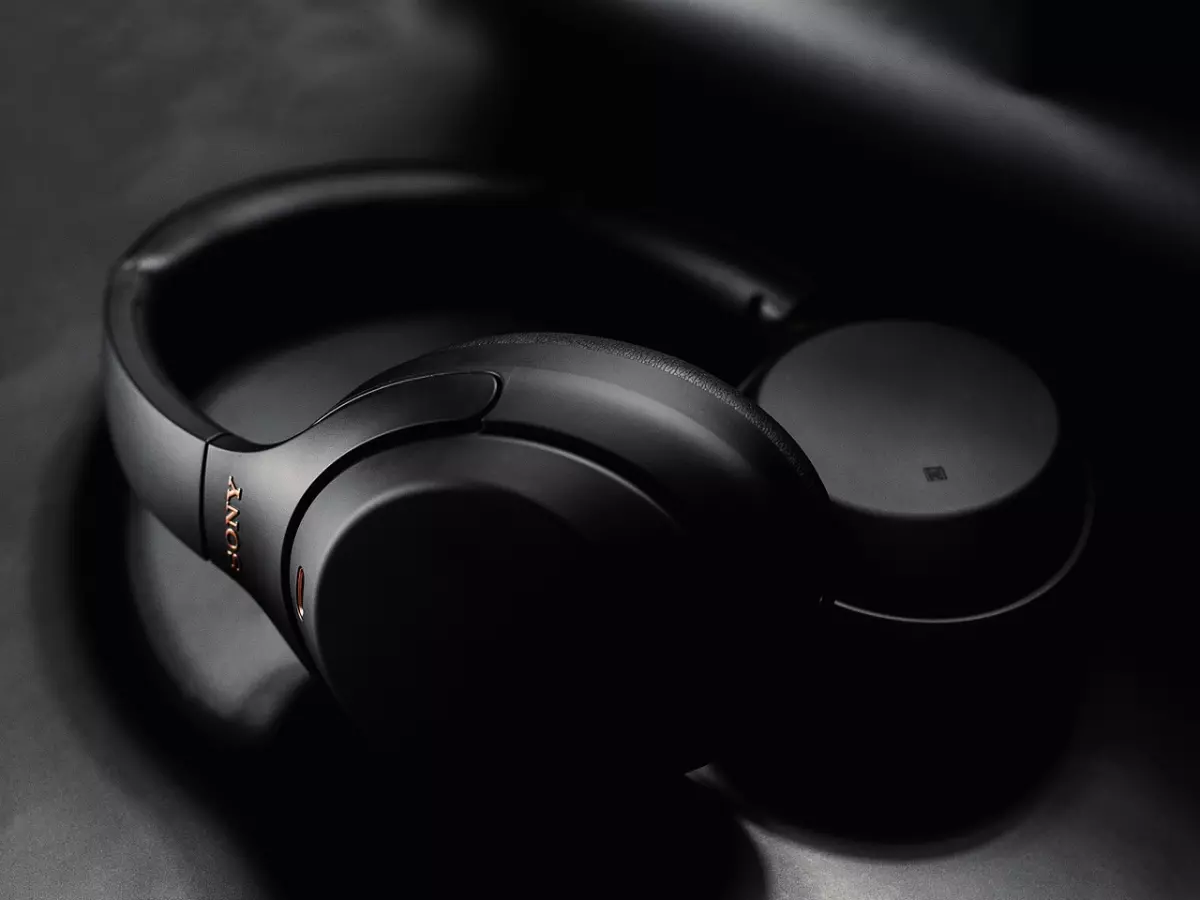Smart Sensors
Think your gadget’s sensors are just there to measure steps or detect light? Think again. These tiny components are evolving into some of the most intelligent parts of your device, and they’re doing way more than you realize.

By James Sullivan
Most people think sensors in gadgets are just passive components—measuring temperature, light, or motion. But here’s the kicker: modern sensors are no longer just reactive; they’re becoming proactive. They don’t just collect data; they interpret it, adapt to it, and even predict what you might need next. Welcome to the world of smart sensors.
Let’s break it down. Sensors are the unsung heroes of your gadgets, quietly working behind the scenes to make your experience smoother, faster, and more intuitive. But they’re not just getting better at detecting things—they’re getting smarter at understanding context. And that’s a game-changer.
From Data Collectors to Data Interpreters
In the past, sensors were simple. They’d gather data and send it off to the processor to handle. But today’s sensors are stepping up their game. They’re not just collecting data anymore—they’re interpreting it on the fly. Thanks to advancements in AI and machine learning, sensors can now analyze the data they gather in real-time, making split-second decisions without needing to offload everything to the main processor.
Take your smartphone’s accelerometer, for example. It doesn’t just detect when you’re moving; it can now differentiate between walking, running, or even cycling. It knows when you’re holding your phone versus when it’s sitting on a table. This level of contextual awareness wasn’t possible a few years ago.
And it’s not just about motion. Light sensors are getting smarter too. They don’t just adjust brightness based on ambient light anymore; they can now detect the type of light (natural vs. artificial) and adjust your screen’s color temperature accordingly. The result? A more comfortable viewing experience that reduces eye strain.
Predictive Power: Sensors That Know What You Need
Here’s where things get really interesting: predictive sensors. These sensors don’t just react to what’s happening; they anticipate what’s going to happen next. Think of it like your gadget developing a sixth sense.
For example, some modern smartphones use predictive sensors to anticipate when you’re about to pick up your device. They’ll start waking up the screen before you even touch it, shaving milliseconds off your interaction time. It’s a small touch, but it makes the device feel more responsive and intuitive.
Another example? Fitness trackers that can predict when you’re about to start a workout based on your movement patterns. Instead of waiting for you to manually start tracking, the device jumps ahead and begins recording your activity automatically.
Smarter Sensors, Smarter Gadgets
So, why does all this matter? Because smarter sensors mean smarter gadgets. The more your device can understand your behavior and environment, the better it can serve you. And as sensors continue to evolve, we’re going to see even more seamless, personalized experiences.
Imagine a future where your smartphone knows when you’re stressed based on your heart rate and adjusts its notifications accordingly—maybe silencing non-essential alerts to help you focus. Or a laptop that adjusts its performance based on your workload, speeding up when you’re in the zone and conserving battery when you’re just browsing.
We’re already seeing the beginnings of this with wearables and smart home devices, but the potential applications are endless. As sensors get smarter, they’ll become even more integrated into our daily lives, making our gadgets feel less like tools and more like extensions of ourselves.
The Future of Smart Sensors
So, what’s next for smart sensors? Well, the future looks bright. With the rise of AI, machine learning, and edge computing, sensors are only going to get more intelligent. We’re talking about sensors that can not only predict your needs but also learn from your habits over time, becoming more personalized and adaptive.
Imagine a world where your smartphone knows your daily routine so well that it adjusts its settings automatically based on the time of day, your location, or even your mood. Or a fitness tracker that can predict when you’re about to get sick based on subtle changes in your vitals.
The possibilities are endless, and we’re just scratching the surface of what smart sensors can do. So, the next time you pick up your gadget, take a moment to appreciate the tiny, intelligent sensors working behind the scenes to make your experience better. They’re smarter than you think.





